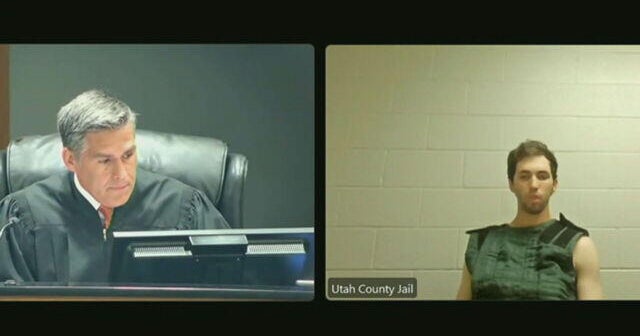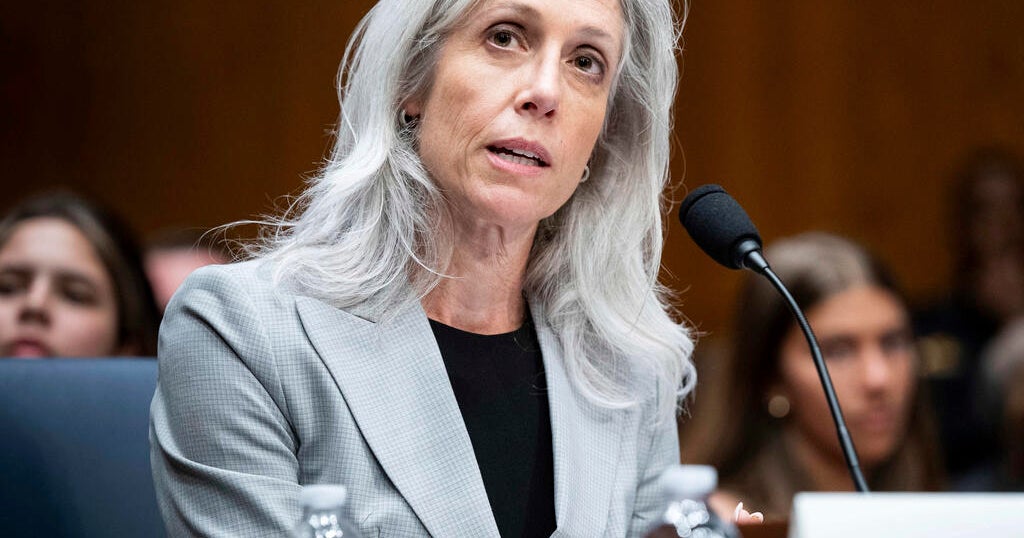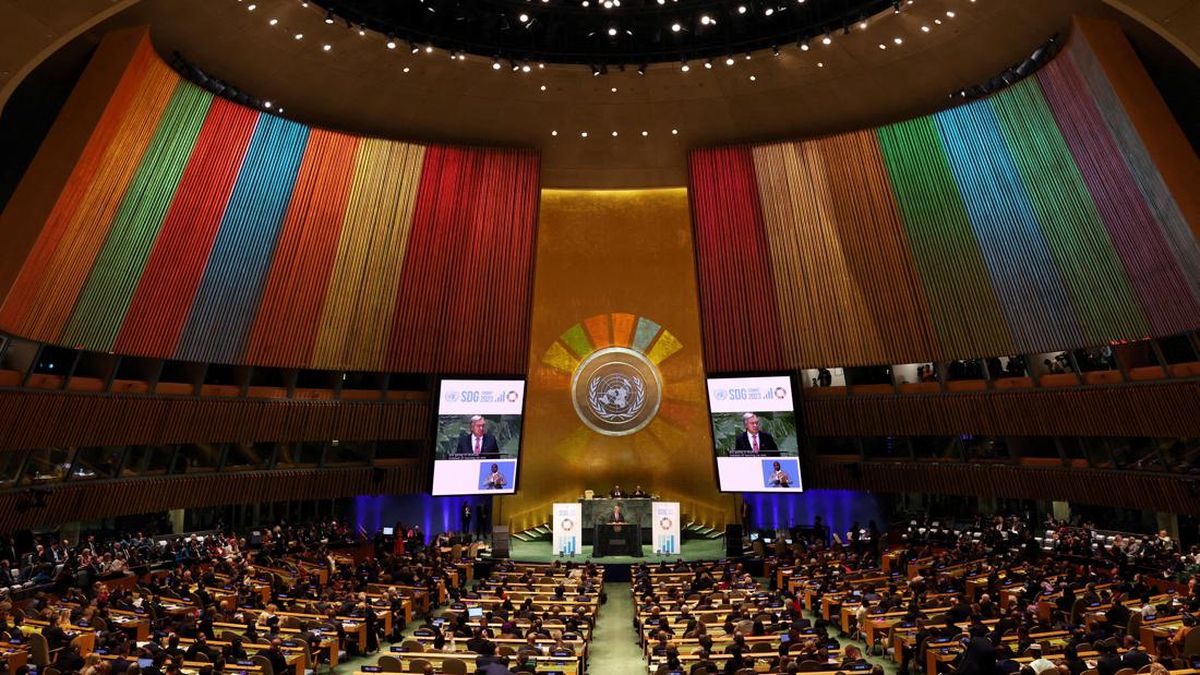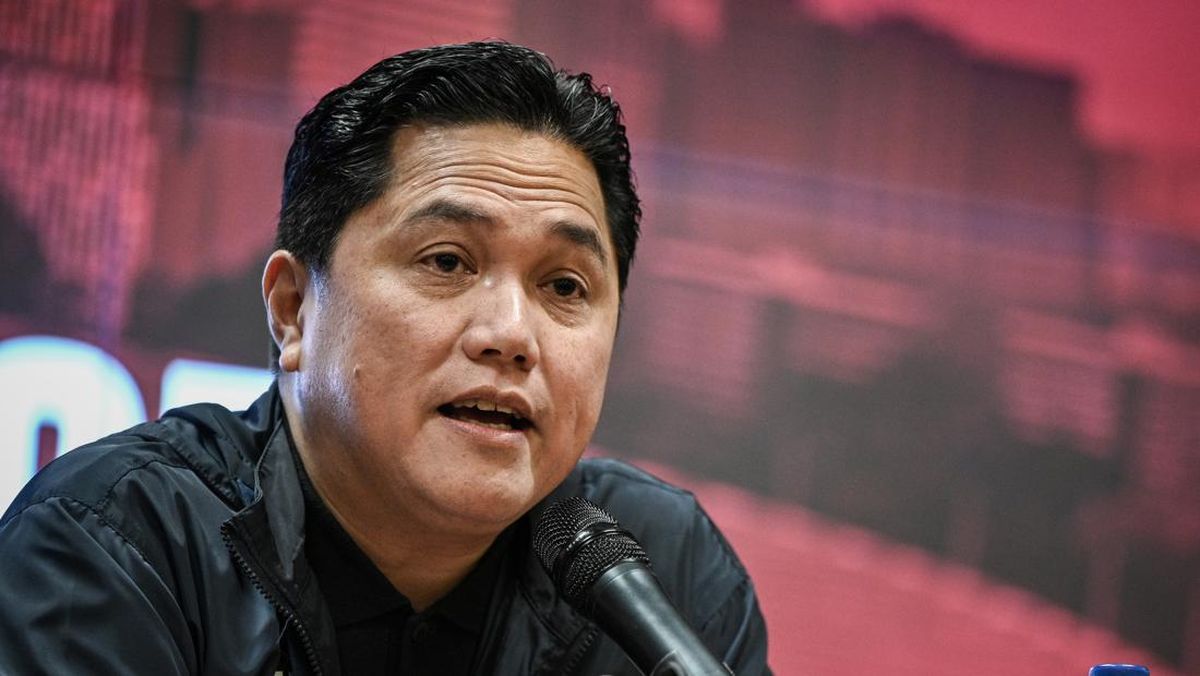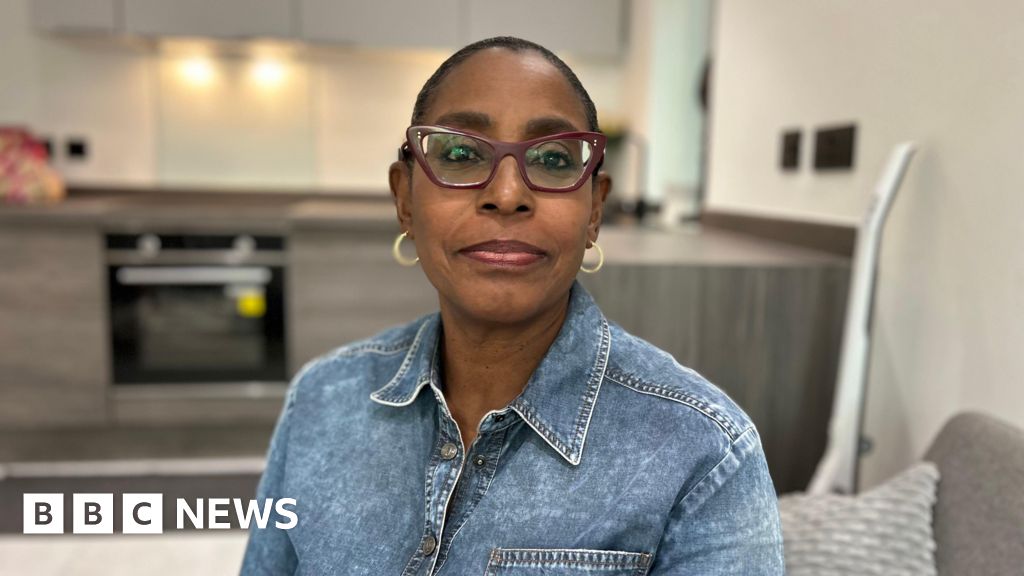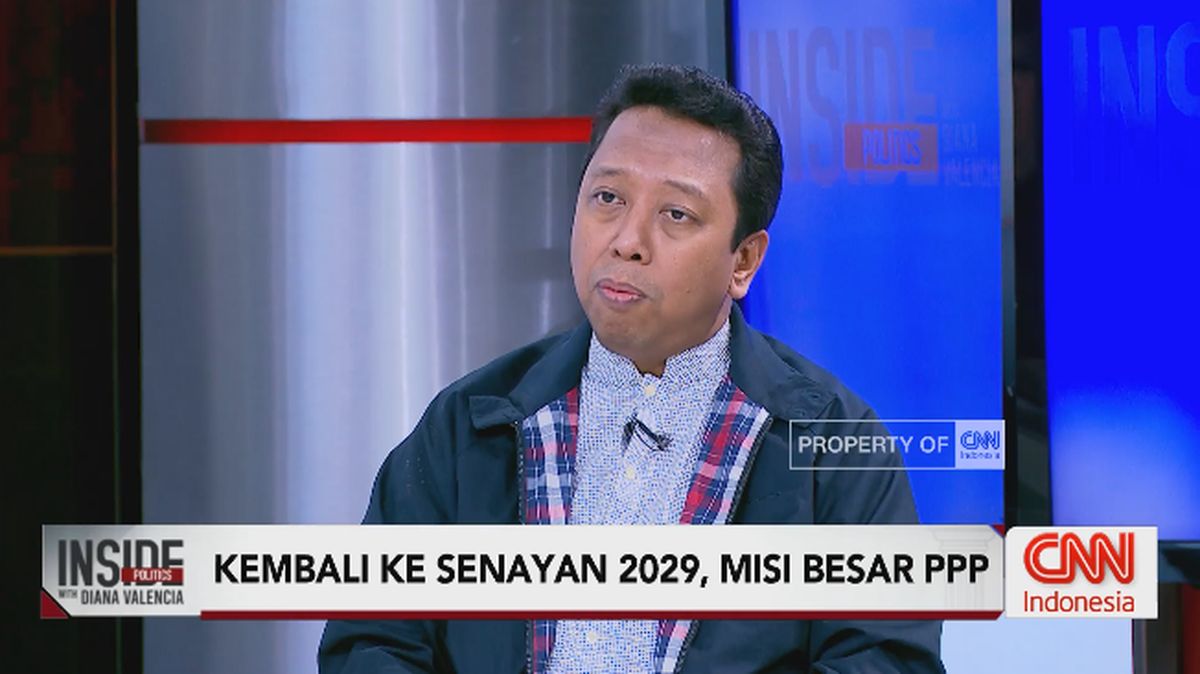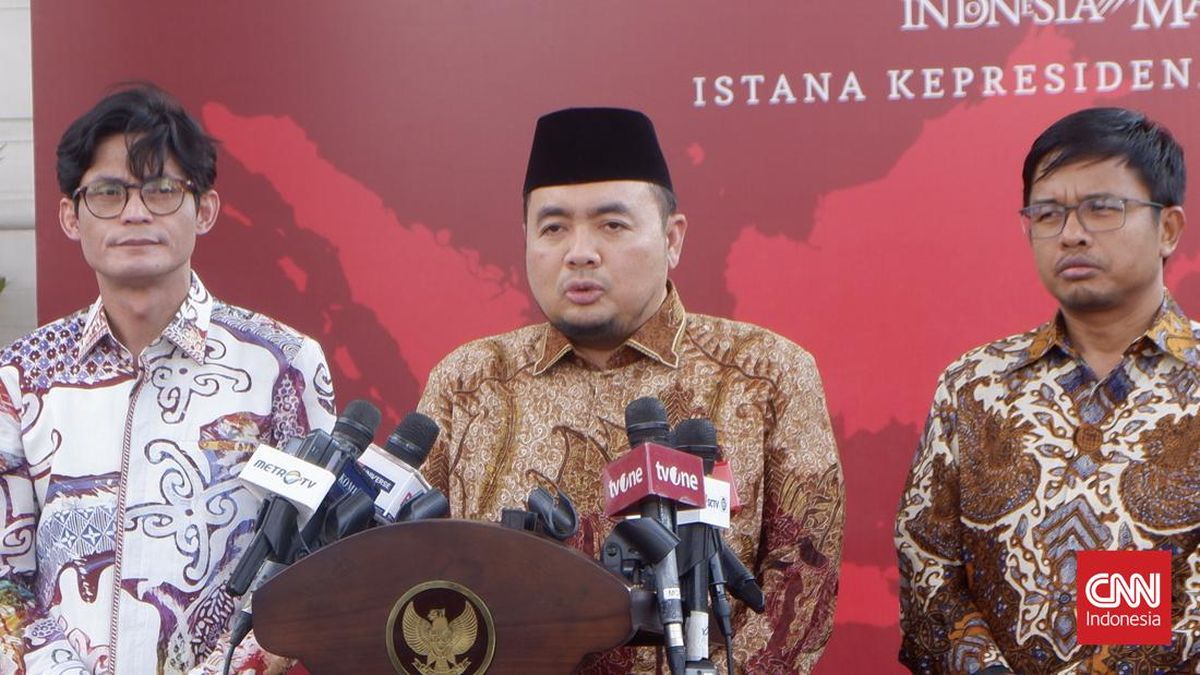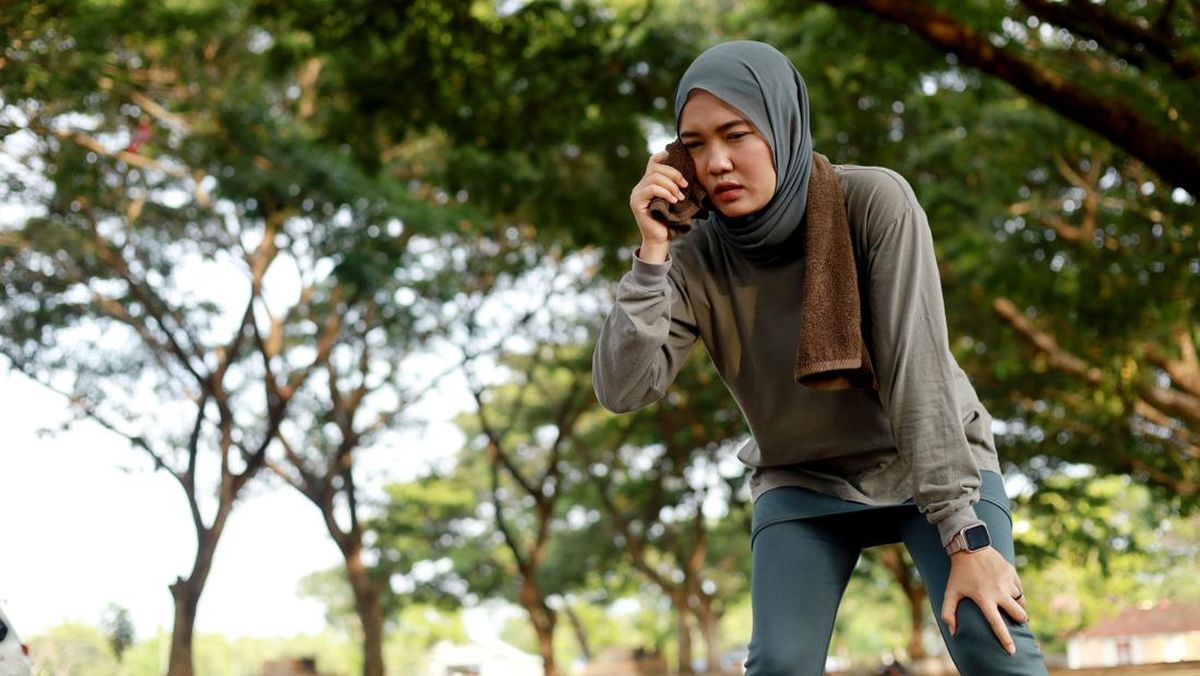There are two types of music, the old joke goes – country and western – and in Australia right now, they’re both riding high.
While the last couple of years have seen the live music and festival sector generally struggle, country (the western has long since been put out to pasture) has been experiencing an unprecedented surge in popularity.
“Country music isn’t just growing,” says Kevin Azzopardi, marketing director of ticket reseller Tixel, which has just released its fourth annual State of Play report into the health of the live music sector in Australia. “It’s booming at the moment.”
Tixel’s survey, produced in collaboration with marketing consultancy Bolster, draws on a survey of more than 2700 music fans (not just Tixel customers), as well as industry research and interviews with promoters, managers, and senior label and festival personnel.

Young listeners, such as this group of fans at Honky Tonks in Brisbane’s Fortitude Valley, are tuning in to country music like never before.Credit: Markus Ravik
And while the overall picture is of a live music industry slowly regaining its footing after a tough few years marked by pandemic shutdowns, cost-of-living pressures, and changing consumer behaviour, in the formerly niche area of country music, everything is coming up roses.
Country music fans attend more live events, and spend more at those events – on food, drink, transport and merchandise – than fans of other genres. And there’s more of them than ever before.
“They spend 57 per cent more than regular consumers,” says Azzopardi. “And country music attendance has jumped 54 per cent since 2023. We’re seeing country grow in all areas. We’re seeing it take over socials … there’s country core, this fashion trend that’s emerging, as well. And so I think there’s a whole cultural phenomenon at the moment around country.”
Loading
Though as a genre it sits well behind the biggest categories – pop at 59 per cent of respondents leads the way, with rock (49 per cent) and EDM/electronic (almost 45 per cent) close behind – country was up from 9 per cent in 2023-24 to 14 per cent in 2024-25. And much of the growth is coming from young people in the capital cities.
Bella Bown, a 26-year-old office worker from Bayswater in Melbourne’s outer eastern suburbs, is one such fan. In her early 20s, she says, her taste in music leaned towards house or the kind of pop she heard on commercial radio.
“My brother was a huge fan of country, but I used to say, ‘Why do you listen to that?’” she says. “And then, four or five years ago, I don’t know, something changed.”
And what was it about country that hooked her? “It makes you happy when you’re sad,” she says. “And it makes you feel a part of something.”
Bown’s first big concert was Luke Combs in August 2023. “We were in the mosh pit,” she recalls, “and the vibe just made me fall more in love with country music.”
American Combs, who has almost 26 million monthly listeners on Spotify and had three albums in last year’s ARIA top 100 chart, is both contributor to and barometer of the growth of country music in Australia.
When he first toured in 2018, he played The Forum in Melbourne and the Enmore in Sydney, in front of a couple of thousand people. By 2023, he was playing Rod Laver in Melbourne (capacity around 14,000) and QUDOS in Sydney (21,000). Last year, he was packing venues three or four times that size.

Luke Combs is leading the country crossover into the mainstream. Credit: Wolter Peeters
“[A few years ago] you were struggling to fill smaller arenas [with international country artists],” says Dobe Newton, long-standing member of The Bushwhackers and current chair of the Country Music Association of Australia. “And then all of a sudden, here’s Luke Combs, the first country artist to not only headline stadiums, but actually sell them out. You know, 320,000 people over six concerts.”
Loading
In July, the CMAA released its latest census (the last was in 2019). And the story it told was remarkable.
In 2024-25, country music generated revenue of $1.11 billion, a 79 per cent increase on the $619 million reported in 2019. Around half of that spend ($587 million) was from ticket sales. The report claimed 3.26 million people attended country music shows across the year.
Crucially, there was no Taylor Swift bump in those numbers, because while country music as a genre is a remarkably broad church, Tay-Tay has excommunicated herself.
“She went to enormous trouble to remove the country signature banjos and fiddles from early recordings,” says Newton, referring to her re-recording of her back catalogue under the “Taylor’s Version” rubric.

Taylor Swift has worked hard to distance herself from her country music origins.Credit: Invision
“That’s her decision, and I think most people would recognise that she’s not regarding herself – and therefore most people don’t regard her – as a country artist. Though now she’s seen the uptick in country, she may produce new versions of those albums with the banjos back in. It would certainly make the next census look pretty damn good.”
As country music talent and branding director at Frontier Touring, where she works across the CMC Rocks and Ridin’ Hearts country music festivals, Georgie Luxton has witnessed the explosion in popularity up close.
“There is definitely a new generation of fan,” Luxton says. “I think social media, and especially TikTok, has helped expand people’s view of what country is, the whole breadth of country artists. That platform has really helped give recognition to the genre.”
When the city-based single-day festival Ridin’ Hearts was launched three years ago, it drew around 3000 people in Melbourne and 4000 in Sydney. This year, they expect to sell between 8000 and 9000 tickets in each city. CMC Rocks – which turns 20 in 2027 – will have about 25,000 people onsite in Willowbank in Queensland on each of its three days next March.
“There’s just so many artists coming out at the moment,” Luxton says. “Three or four years ago, we would maybe have been doing like five country tours. Next year, it’s like five festivals, plus at least, I would say, 15 country tours coming through.”
Loading
The mainstreaming of country owes something to its uptake by some of the world’s biggest pop stars. “You’ve got Beyonce crossing genres [with her Cowboy Carter album], you’ve got Chappell Roan releasing country singles, you’ve got Post Malone doing collaborations with Taylor Swift,” notes Azzopardi.
But country is taking hold at a grassroots level too – with rodeos, line-dancing classes and country-themed club nights spreading like wildfire. There’s even been the emergence of a cosmic-country/ambient Americana strand in electronic music. “It really has exploded,” says Luxton.
But for every inner-city hipster lining up for a boot-scooting session in Melbourne’s Brunswick or dropping an ironic yee-har at Jolene’s in the Sydney CBD, there are those who prefer to take their country straight, no chaser.

Country music fan Ash Thorpe: “When you come down to it, it’s three chords and the truth.”Credit: Louise Kennerley
Ash Thorpe, 38, who tends bar at the Bob Hawke Beer and Leisure Centre in Marrickville when not working in bush regeneration, had always been a big fan of live music. But it was only during the protracted COVID lockdowns in Melbourne, where he used to live, that he started to explore country.
He followed a well-worn path that took him via the classics of Merle Haggard, Willie Nelson, Waylon Jennings and “all the Hanks” (Hank Williams, Hank Williams Junior, Hank Williams III).
Loading
“It was a girl who got me into country music, and then break-ups happen, and you delve a little bit deeper, and there’s a lot of beautiful stuff out there,” Thorpe says.
“You hear people singing about breakups and sad songs and, especially as a bloke, it’s easier to just cry into your beer while you’re listening to country music than to actually talk about your feelings.
“It’s the storytelling of it, I guess,” he observes of the allure of the genre that he says got its teeth into him and has never let go. “When it comes down to it, it’s three chords and the truth.”
Find out the next TV, streaming series and movies to add to your must-sees. Get The Watchlist delivered every Thursday.

